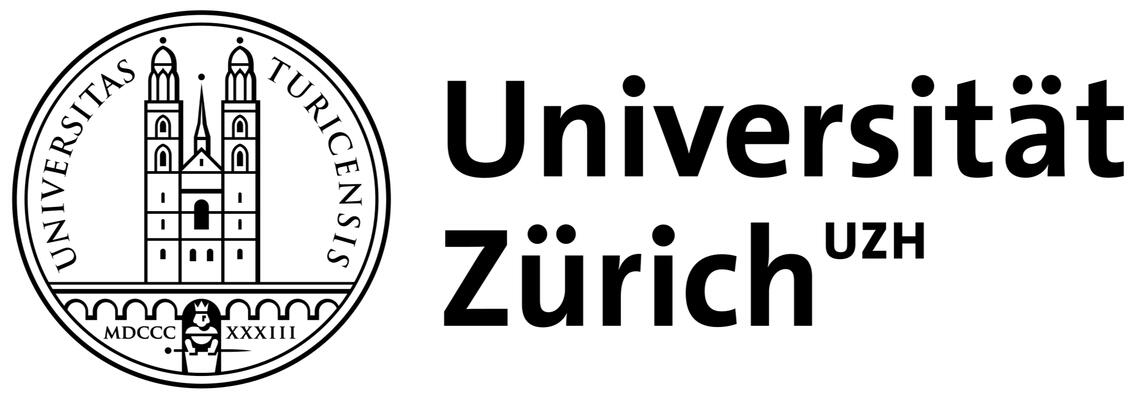
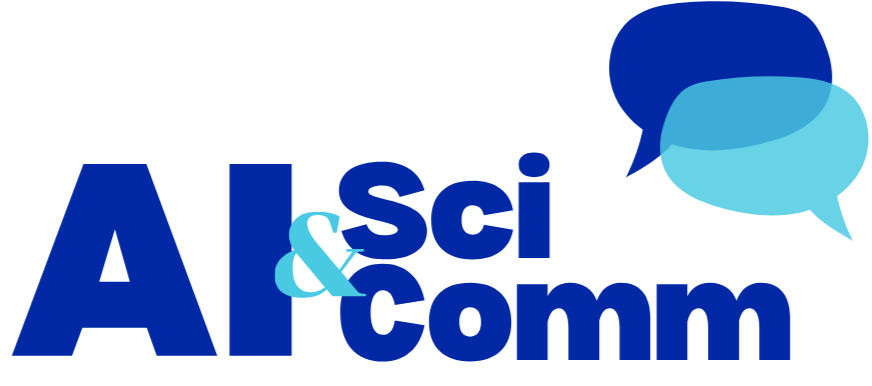
Science Communication in the Age of Artificial Intelligence
A research project of the University of Zurich, funded by the Swiss National Science Foundation (SNSF)
Generative artificial intelligence (AI), with applications such as ChatGPT, is transforming many areas of life, including science communication. This term refers to communication of and about science-related topics to non-specialist audiences, encompassing its production, content, use, and effects.On the one hand, generative AI can facilitate science communication – for example, by helping to present complex content in an understandable way or tailoring it to individual needs. On the other hand, there is a risk that AI produces false or distorted information, thereby contributing to the spread of misinformation.This research project therefore examines the impact of generative AI on the ways in which science is communicated in Switzerland and the changes that result – both now and in the coming years.
Our collaborators
Project Goals
The project combines different scientific methods – such as surveys, interviews, and content analyses – to investigate current and future developments in science communication in connection with generative AI, as well as how these developments are assessed by relevant actors and stakeholders. Accordingly, the project is structured into five work packages:
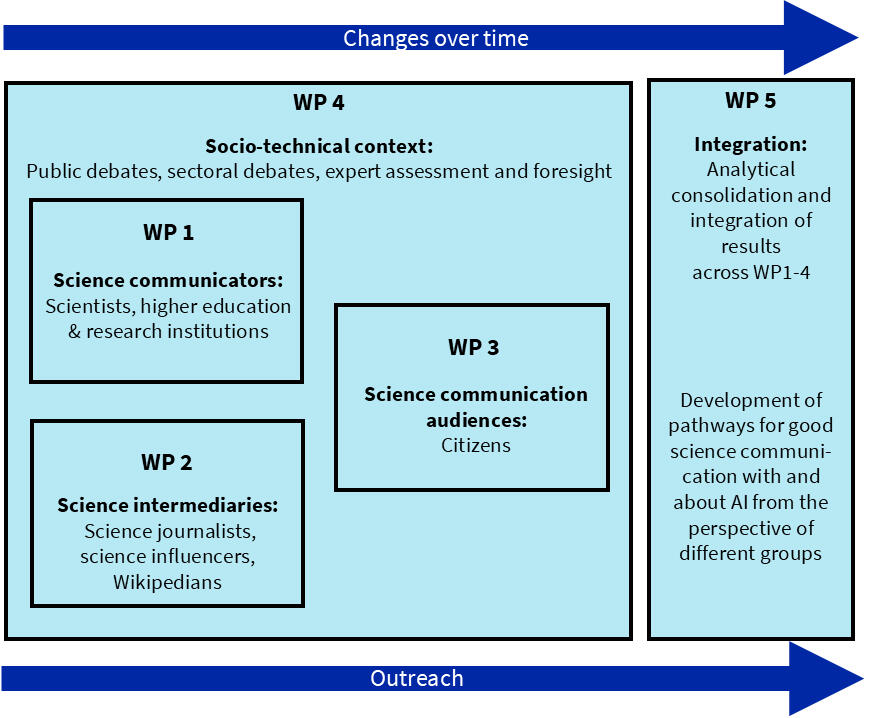
WP1: Science Communicators: How do researchers and university communication departments use AI for science communication – and why not (yet)?WP2: Science Intermediaries: How do journalists, influencers and Wikipedians use AI in their communication of scientific topics – for example, for writing, research, or visualization?WP3: Citizens: How do people in Switzerland use AI to inform themselves about science or to create content themselves?WP4: Societal Debates & Expert Knowledge: What is being discussed in the media and expert circles about AI and science communication? And how do experts from law, ethics, technology, and communication assess these developments?WP5: Synthesizing Results & Developing Action Perspectives: We bring together the findings, discuss them with practitioners, and develop recommendations for effective science communication with and about AI.Repeating these investigations over several years also makes it possible to track changes over time.
To better understand the role of AI in science communication, the first three work packages (WP1–3) focus on five key dimensions:
AI Knowledge: How well do different groups understand generative AI, and where do they acquire their knowledge?AI Attitudes: What are the attitudes of different actors toward AI? Are they open, skeptical, or concerned?AI Interactions: How and how often is AI used, and how do users evaluate its application?AI Impacts: What effects does the use of AI have on individuals, organizations, and society?AI in Organisational Context: What role do rules, access, and organizational attitudes play in shaping the use of AI?
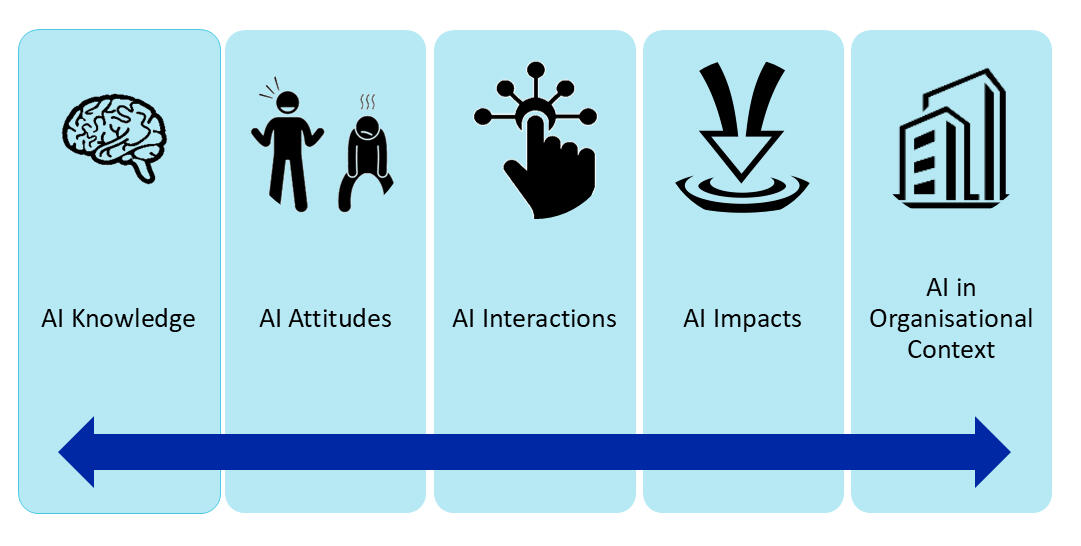
Team
Output
Academic Publications
Kessler, S. H., Mahl, D., Schäfer, M. S. and Volk, S. C. (2025). All Eyez on AI: A Roadmap for Science Communication Research in the Age of Artificial Intelligence. JCOM, 24(02), Y01. https://doi.org/10.22323/2.24020401
Volk, S. C., Schäfer, M. S., Lombardi, D., Mahl, D., & Yan, X. (2024). How generative AI portrays science. Interviewing ChatGPT from the perspective of different audience segments. Public Understanding of Science. https://journals.sagepub.com/doi/10.1177/09636625241268910
Schäfer, M. S. (2023). The Notorious GPT: Science communication in the age of artificial intelligence., JCOM 22(02), Y02. https://doi.org/10.22323/2.22020402
In the Media
EDITO: "Always invite AI to the table"
In an interview with Edito, Mike S. Schäfer talks in detail about the impact of AI on science journalism (in German).
Podcasts
SciLux Podcast “Bridging Science and Society”
In this podcast, Mike S. Schäfer discusses the role of intermediaries in science communication, the challenges of explaining scientific content, the transformation of science journalism, and the influence of AI and disinformation.South of 2 Degrees - The Science behind Climate Change Podcast "AI's Impact on Science and Society"
Kritisches Denken Podcast «Das Wie und Warum der Wissenschaftskommunikation»
Advisory Board
The advisory board is composed of renowned scholars from various disciplines as well as experienced practitioners. They accompany the project with their expertise, provide feedback on key stages of the work, and support the
exchange with both practice and the public.
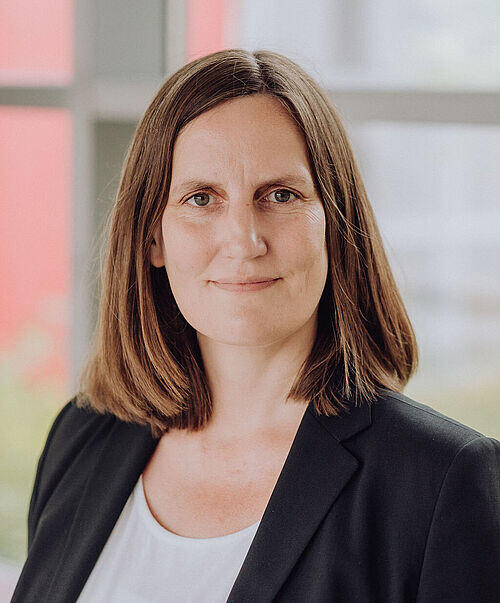
Prof. Dr. Monika Taddicken
Professorin für Kommunikationswissenschaft, TU Braunschweig
Prof. Dr. Olaf Kramer
Professor für Rhetorik und Wissenskommunikation, Universität Tübingen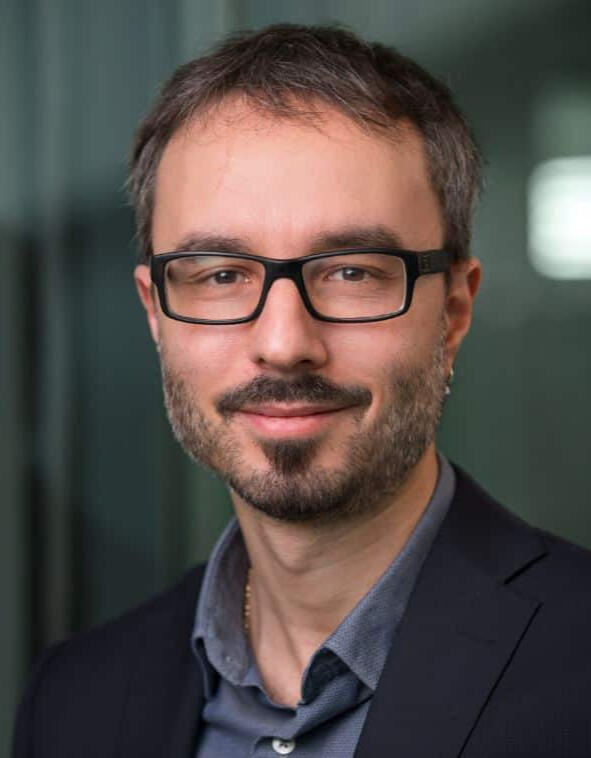
Prof. Dr. Colin Porlezza
Professor für digitalen Journalismus an der Università della Svizzera italiana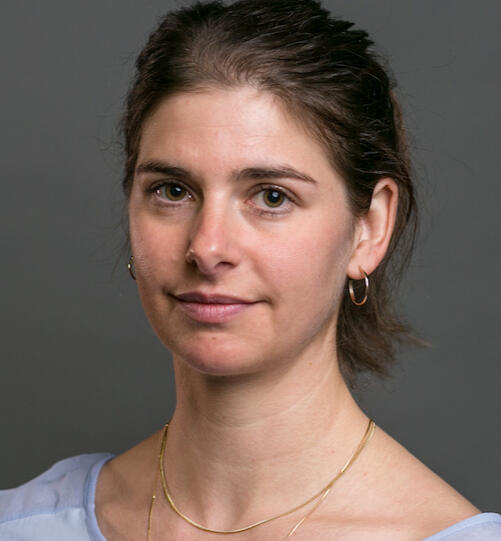
Stephanie Schnydrig
Wissenschaftsjournalistin, Präsidentin des Schweizer Klubs für Wissenschaftsjournalismus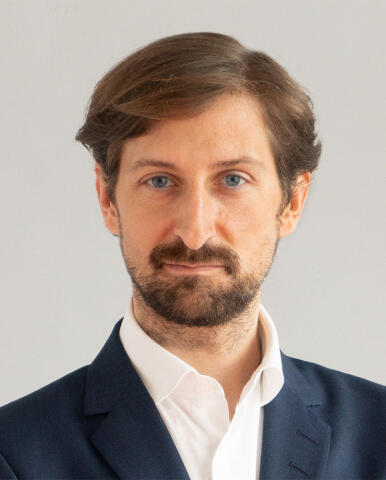
Dr. Mirko Bischofsberger
Wissenschaftskommunikator und Gründer "Science Studios"
Dr. Philipp Burkard
Geschäftsführer von Science et Cité
Gian-Andri Casutt
Leiter Kommunikation ETH-Rat, Präsident von EUPRIO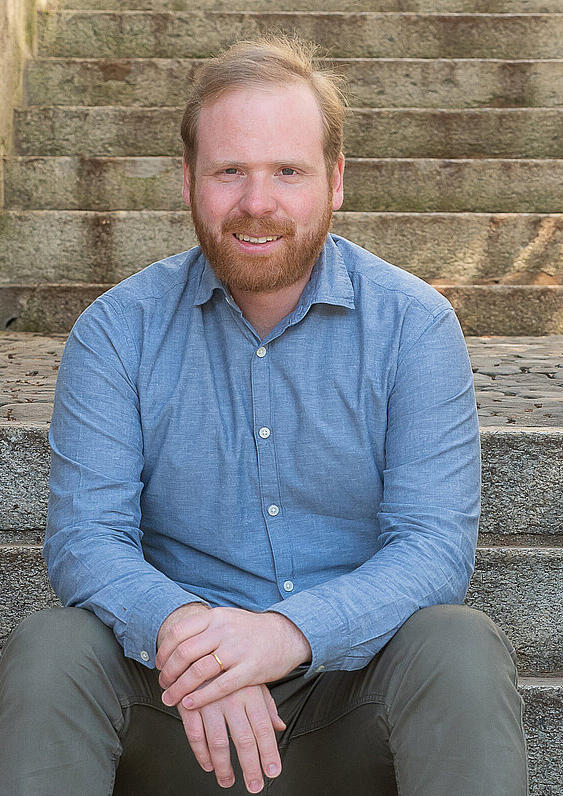
Flurin Beuggert
Wissenschaftskommunikator bei Science et Cité
Contact
Sie erreichen uns über das Kontaktformular oder via unten stehender Adresse. Wir freuen uns über Ihre Fragen und Ihr Feedback. dd
dfdfdf
You can reach us via the contact form or at the address below. We look forward to your questions and feedback.Prof. Dr. Mike S. Schäfer
AI & SciComm
Universität Zürich, IKMZ
Andreasstrasse 15
CH-8050 Zürich
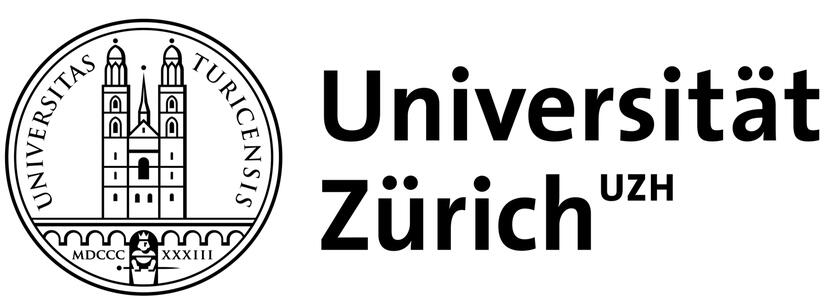
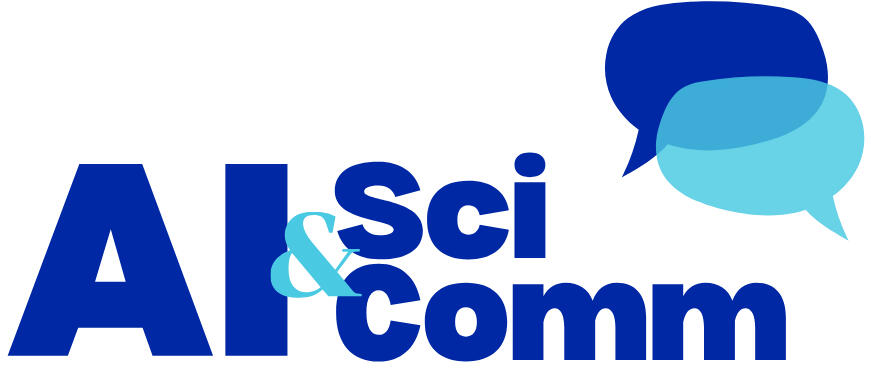
Privacy PolicyLast updated: 15.09.2025We value your privacy and are committed to protecting your personal data. This Privacy Policy explains how we collect, use, and safeguard information when you visit our website.1. Data Controller
The responsible entity for data processing on this website is:
Damiano Lombardi,
Email: [email protected]If you have questions about this Privacy Policy, you may contact us at any time.2. Data We Collect
When you use this website, we may process the following data:- Automatically collected data: Your IP address, browser type, operating system, referrer URL, date and time of access (server logs).- Contact form data (if enabled): Name, email address, and any information you submit voluntarily.- Cookies and analytics: This site may use cookies or similar technologies to improve functionality or analyze website usage.3. Purpose of Processing
We process personal data for the following purposes:- To provide and maintain our website- To respond to inquiries and communicate with you- To improve website functionality and security- To comply with legal obligations4. Legal Basis
We process personal data based on:- Your consent (e.g., when submitting a contact form)- Our legitimate interest in providing a secure and functional website- Legal requirements under Swiss law5. Data Sharing
We do not sell or trade your data. However, we may share data with trusted service providers, such as:- Website hosting provider (Carrd and its infrastructure partners)- Analytics providers (e.g., Google Analytics)These providers process data only as instructed and in compliance with data protection laws.6. Data Retention
We store personal data only as long as necessary to fulfill the stated purposes or as required by law.7. International Data Transfers
If data is transferred outside Switzerland or the EU (e.g., by hosting or analytics providers), this is done under appropriate safeguards (such as standard contractual clauses or equivalent protections).8. Your Rights
You have the following rights under Swiss law:- Right to access your data- Right to rectification or erasure- Right to restrict or object to processing- Right to data portability- Right to withdraw consent at any timeTo exercise these rights, please contact us via the details above.9. Security
We take reasonable technical and organizational measures to protect your data against unauthorized access, loss, or misuse.10. Changes to This Policy
We may update this Privacy Policy from time to time. The updated version will always be published on this page.









